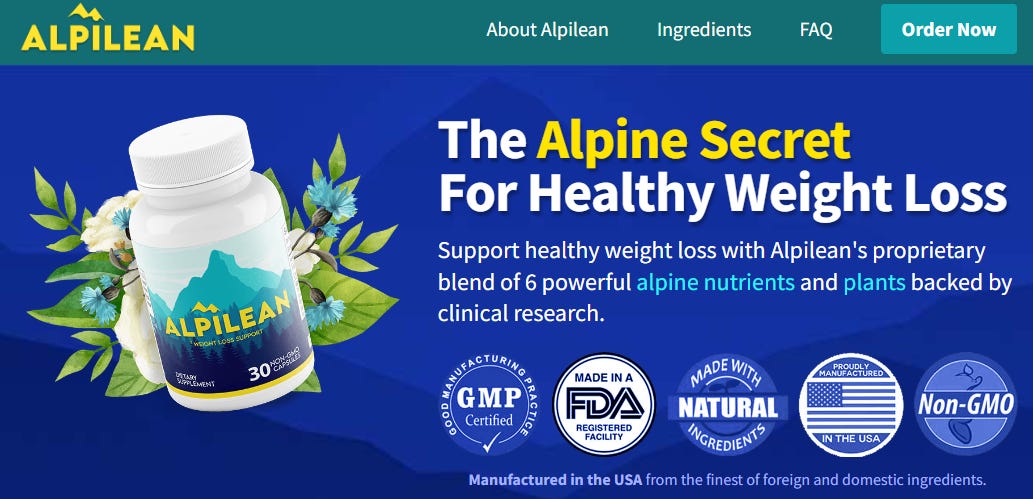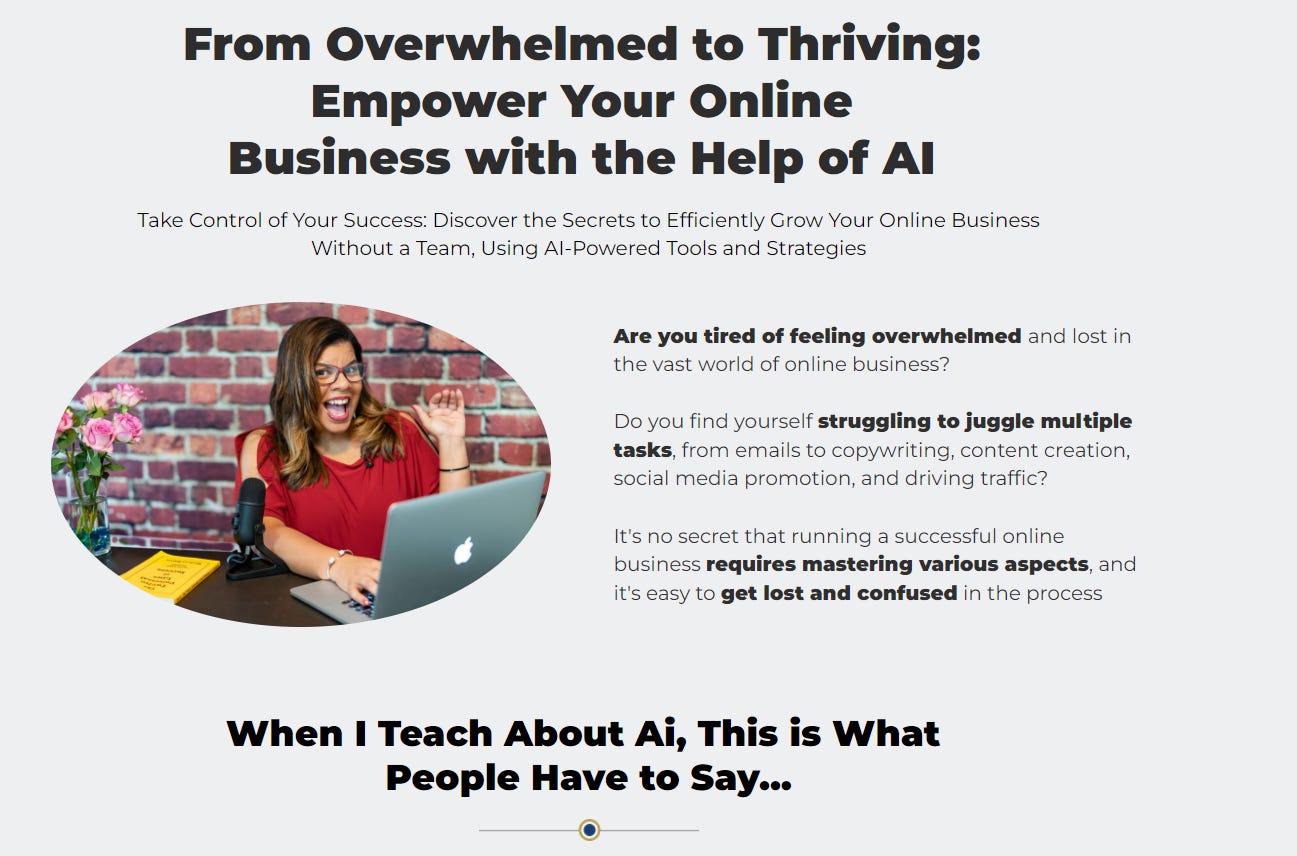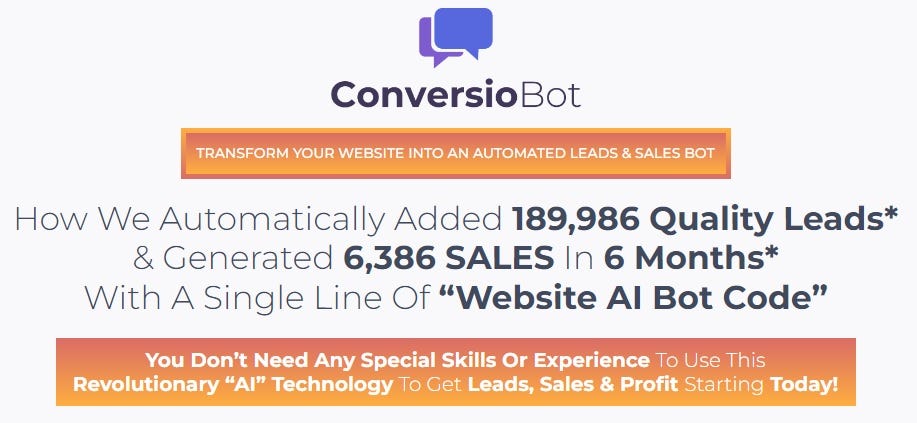The AI Apocalypse is Here - 21 Must-Read Updates That Will Blow Your Mind
From Music Bots to Robot Coders - 21 AI Breakthroughs You Need to Know
Welcome to our weekly AI newsletter! We've got a jam-packed issue for you this week covering the latest happenings in the world of artificial intelligence. From new product launches to groundbreaking research papers, there's a lot going on right now in AI. Read on for the top 21 updates you need to know!
Music to Our Ears: Stable Audio Launches AI Music Generator
Get ready to let your inner musical genius loose! Stable Audio has officially launched their impressive AI music generation tool. While the model isn't open source, this user-friendly system allows anyone to create original music simply by providing a text prompt.
The free version lets you play around, but to commercially release what you create you'll need to pay. We're excited by the possibilities, but also curious how Stable Audio will monitor use to prevent copyright issues. This launch is a big step towards democratizing music production!
Anthropic and BCG Team Up for Enterprise AI
In more commercial AI news, research company Anthropic has partnered with prestigious management consulting firm BCG to bring AI helper Claude to enterprises. This powerful alliance will enable BCG to deploy Claude's conversational AI abilities for use cases like document analysis within their client organizations.
As enterprise adoption of AI accelerates, we can expect to see more of these types of synergistic partnerships. With Anthropic's cutting-edge AI and BCG's consulting expertise, this seems like a match made in heaven!
Chatbots Assemble! AI Team Develops Software in 7 Minutes for $1
In a seriously impressive demonstration of multi-agent AI, researchers from Brown University and Chinese universities showed how an AI "team" can cooperatively develop software in just minutes. Using a hybrid system called ChatDev with multiple chatbot "agents" playing specialized roles, the AI squad created a simple video game app in 7 minutes for only $1!
This provides a glimpse into how AI agents can not only code, but also collaborate autonomously. We may not be ready for a fully AI-run software company just yet, but this is an important step in that direction. Exciting times ahead!
Databricks' Data Platform Scores $500M
In the wake of their groundbreaking Photon AI unveiling, Databricks has raised a whopping $500 million, valuing the data and AI powerhouse at $43 billion. The round was led by Greenoaks Capital, valuing Databricks as one of the highest privately held software companies worldwide.
This massive cash infusion will empower Databricks' initiatives to democratize state-of-the-art AI through their Lakehouse Platform. With the recent launch of AI-optimized Photon, Databricks is poised to dominate the Enterprise AI landscape. We can't wait to see what they build next!
Petronus Emerges to Reform LLM Evaluations
A key challenge as LLMs grow more powerful is rigorously evaluating them. Emerging startup Petronus AI has raised $3 million to tackle this issue, taking aim at what they call the "Wild West" of current LLM assessment. Their mission is to bring standards and automation to make LLM evaluation robust, rapid, and reliable.
With GPT-3's original creator Alec Radford advising Petronus, they are well-positioned to transform LLM testing. We believe thoughtful evaluation frameworks will be critical as companies increasingly look to integrate LLMs. Petronus' innovations could help accelerate enterprise LLM adoption by providing much-needed performance assurances.
Together.AI’s Medusa Speeds Up LLM Generation
LLM pioneer Together.AI unveiled Medusa this week, a new framework to significantly enhance LLM text generation performance. Using innovations like speculative decoding, Medusa reduces inference times by up to 3X compared to existing architectures.
As the LLM industry matures, it's vital to optimize not just for accuracy but also efficiency. Together.AI's Medusa offers a template for how to achieve both. With applications from chatbots to search engines, faster LLMs will pave the way for more interactive and dynamic AI systems.
Gaming Gets Generative with New Roblox AI Features
Massively popular online gaming platform Roblox is embracing AI, rolling out generative capabilities to power its 42 million strong developer community. Creators on Roblox will be able to leverage text-to-image generation, creative assistants, and avatar personalization to augment their game development workflow.
As gaming continues to expand, AI-enabled creation tools could greatly accelerate development cycles and allow smaller teams to build incredibly diverse gaming environments. Roblox is wisely fostering this creative potential - we can't wait to see what their community starts building!
Kaggle Unleashes Public Access to Meta's LLaMA
In a huge milestone for democratizing AI, Google's Kaggle has partnered with Meta to release their 7 billion parameter LLaMA model on their free GPU-enabled platform. This gives data scientists instant access to train the massive LLaMA architecture.
This is the first integration of its kind between Meta and Google, showing the power of unlocking AI for the public good. We hope this inspires even more companies to provide open access to foundational models like LLaMA. The future growth of AI relies on empowering developers from all backgrounds.
Prisoners Conscripted as AI Clickworkers in Finland
In an ethically questionable move, Finland has tapped an unexpected labor pool to annotate data for AI - prison inmates. Over 100 volunteers from Finnish prisons are being paid just €1.67 per hour to provide essential human feedback to train AI models.
While supportive of expanding access to AI development, employing prison laborers raises important moral issues. We hope Finland reconsiders this approach and instead opens these opportunities to remote workers worldwide. AI should uplift people, not take advantage. This story illustrates the nuanced human impacts as AI becomes enmeshed in global systems.
NVIDIA Supercharges AI Inference with TensorRT LLM
Chipmaker NVIDIA unveiled a major update to their TensorRT inference optimization software focused specifically on accelerating large language models. By optimizing transformer architectures, TensorRT LLM provides up to 8x lower latency and 4x higher throughput compared to CPU-only inference.
As companies move LLMs into production, performance and efficiency are paramount. NVIDIA's latest innovation will save costs while also making real-time LLM applications more viable across devices. This release further cements NVIDIA's position as a pivotal leader in enabling industrial-scale AI.
Why LLMs Alone Won't Cut It: Insights on Productionizing AI
In a refreshingly balanced industry perspective, AI developer advocate James Briggs outlined key limitations of LLMs and how to overcome them for production systems. While acknowledging their immense potential, Briggs argues LLMs alone often fall short for real-world AI.
His insightful article provides a framework of LLM best practices including robust prompt engineering, grounding in knowledge bases, conversational context, and protective guardrails. This holistic approach can lead to safer and more powerful AI than LLMs in isolation. We highly recommend giving it a read!
Demystifying Large Language Models from Silicon to Software
For those hungry for a deeper technical understanding of how LLMs function, AI engineer Mark Saroufim has you covered. His incredibly detailed analysis demystifies everything from silicon chips up through software architecture to explain exactly how parameters, tensors, and memory relate to today's giant LLMs.
Whether you're an engineer looking to optimize LLMs or just AI-curious, Saroufim's presentation is packed with invaluable insights. Resources like this that make complex AI concepts understandable for a wider audience are vital to nurture the next generation of contributors to the field.
Refactor: 1.6B Parameter Code LLM Now Open Source
Programming just got a major AI upgrade with the release of Refactor, a 1.6B parameter code-focused LLM now open source on GitHub. Built by AI startup Mechanic Labs, Refactor achieves cutting-edge expertise on code in over 20 languages while minimizing harmful generations.
We expect Refactor to be a boon for developers looking to augment their skills with AI. So long copy-paste StackOverflow searches! With Mechanical's permissive license, Refactor provides a springboard for integrating performant narrow-domain LLMs into creative applications. The future of AI-accelerated software engineering is bright!
Anthropic Introduces 6B Parameter LLM
AI safety startup Anthropic unveiled the 6B parameter version of their Constitutional AI assistant Claude this week. Built using Anthropic's custom Auton architecture, Claude achieves amazingly fast inference speeds while minimizing harmful generations.
With Constitutional AI as their moral compass, Anthropic continues demonstrating thoughtful LLM development. We're particularly excited by efficient architectures like Claude that don't trade safety for performance. And by open-sourcing Claude, Anthropic sets an example of transparency amid the "AI hype race" for ever-bigger models.
Microsoft Unveils Surprisingly Capable 1.5B Parameter LLM
In a stunning underdog feat, Microsoft's AI researchers revealed an LLM matching GPT-3's few-shot performance using 100X fewer parameters. By carefully controlling the training data and approach, the lightweight 1.5B parameter model achieves remarkable generalization ability.
This provides a promising path to more efficient yet still powerful AI systems. But concerns have also been raised about potential training dataset contamination that could improperly inflate results. We expect vigorous debate as the community digs into validating these claims and methodology. Either way, it highlights that dataset quality is just as key as model scale.
The Rise of Foundation Models Demands Careful Control
In a must-read perspective paper, researchers from UC Berkeley and Google Cloud provide an extensive overview of the landscape and future societal impacts as LLMs become ubiquitous Foundation Models powering countless downstream applications.
The authors stress that with great capability comes great responsibility. Vetting and monitoring of foundation models is critical to prevent embedded biases and misuse as their influence grows. Meticulous documentation, transparency, and controls by both model builders and adopters are essential to steer these technologies toward benefit and away from harm.
Reinforcement Learning Without Human Feedback?
Humans in the loop pose a major bottleneck for reinforcement learning today. An intriguing new paper proposes a method for LLMs to align themselves to human preferences without any explicit human feedback.
By reflecting on its own potential harmful responses, their approach called RAIN enables LLMs to self-correct based on learned moral principles and conversational context. This could significantly reduce the need for costly human alignment data. There are still questions around implementation, but we find the possibilities exciting!
GraphQL Made Easy: How to Generate APIs with LLMs
For developers, few things beat automated boilerplate code generation. AI researcher Conor Shorten walks through a hands-on example of precisely training an LLM to generate GraphQL schema and resolver code for his company Weaviate's APIs.
The detailed guide provides a template for how enterprises with existing codebases can fine-tune models like Codex to produce their own AI coding assistants. With the right approach, LLMs can learn to output remarkably clean and functional code tailored to a specific company's stack. It's almost like having your own internal developer cruise-control!
How Are Consumers Using Generative AI? 16z's Mega Report Reveals Key Trends
Venture capital firm 16z has published an impressive 75-page landscape report on the burgeoning generative AI market based on their extensive consumer data tracking. The in-depth analysis reveals fascinating insights into usage and growth trends across major vendors.
As examples, ChatGPT is rated the highest quality but lowest speed solution, while Character.ai has topped demand based on web traffic volume. Well-researched market overviews like this are invaluable for anyone looking to understand the competitive dynamics between AI startups and gauge product fit. We applaud 16z's continued leadership providing market transparency.
The Future is Now
Whoosh - wasn't that quite a whirlwind tour of the latest happenings in AI! With new generative models, deeper applications, and thought-provoking research emerging constantly, this field continues to thrill and inspire us every day.
The mind-boggling advances we're witnessing have the potential to reshape nearly every industry and aspect of society. We hope these updates gave you an overview of the breakthroughs unfolding. Let us know what AI innovations excite you most!
The path ahead remains filled with challenges and unknowns as AI integrates into the fabric of our world. But with ethical, engaged communities like ours guiding the way forward, we are optimistic for AI's benefits to humanity. Thank you for being part of this journey with us. Onward to a brighter future!









